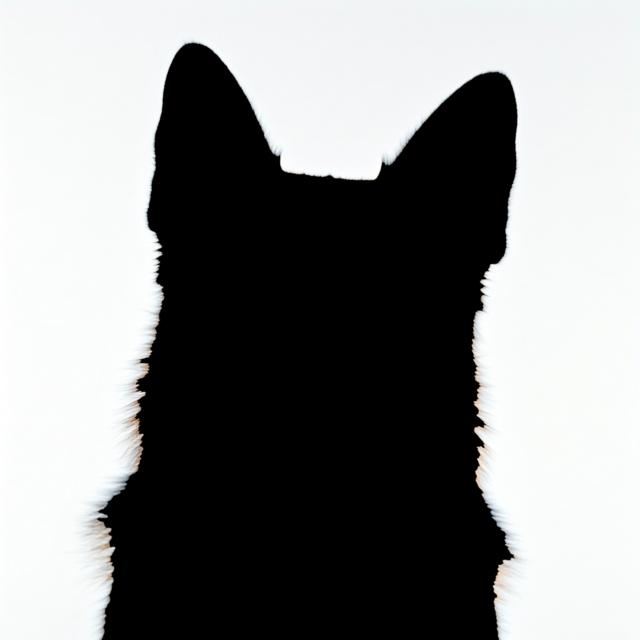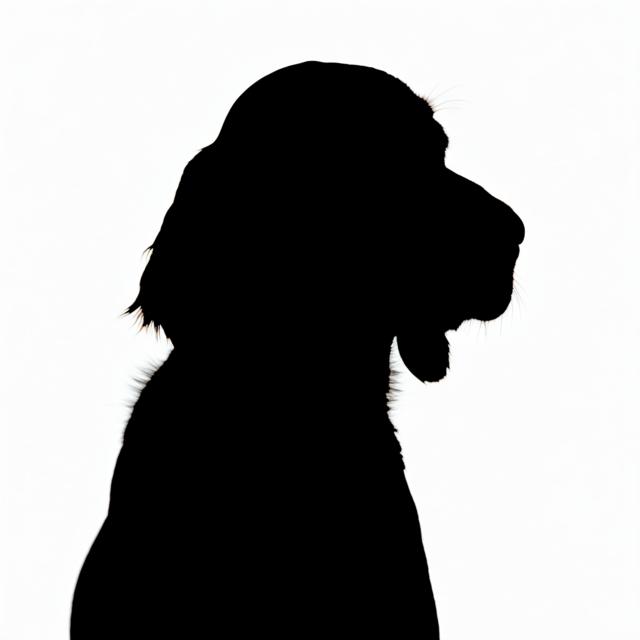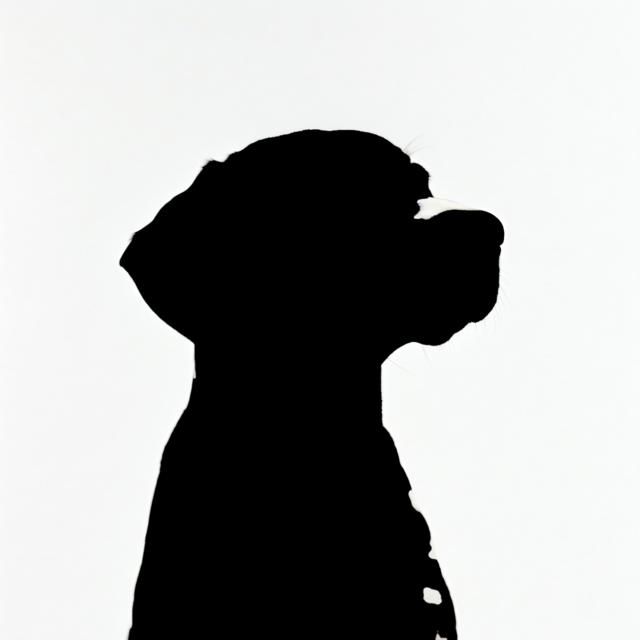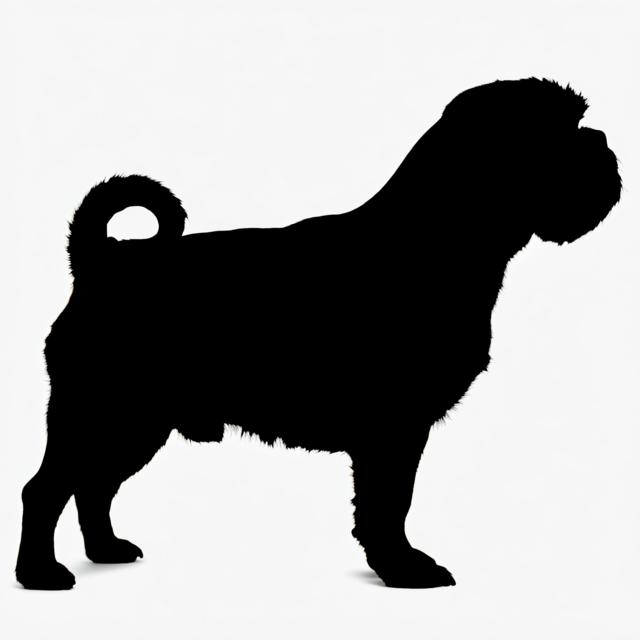Norwich Terrier Cantab Terrier, Jones Terrier
akc
ankc
ckc
fci
nzkc
rkc
ukc
Summary The Norwich Terrier is a small, sturdy dog breed that originated in England, known for their spirited and affectionate nature. They were initially bred for ratting and fox bolting and are now popular companions. Origin and Purpose Developed in East Anglia, England Used for ratting and bolting foxes Appearance Dimensions Gender Height Weight Female 10 inches (25 cm) 11-12 pounds (5-5.4 kg) Male 10 inches (25 cm) 11-12 pounds (5-5.4 kg)
Coat Attribute Notes Color Red Wheaten Black and tan Grizzle Type Length
Care Attribute Notes Shedding Grooming Weekly brushing Occasional trimming Drooling
Body Attribute Notes Head Skull Fairly broad Slightly rounded Ears Erect Pointed Set well apart Eyes Nose Muzzle Teeth Neck Forequarters Fore Legs Hindquarters Hind Legs Feet Tail Docked (in some countries) Medium length (if undocked) Carried erect Gait
Temperament Fearless Affectionate Alert Intelligent Spirited Stable Friendly Social Attribute Notes Affectionate with Family Good with Children Good with Dogs Yes (with proper socialization) Good with Cats May require training/socialization Openness to Strangers Playfulness Level Protective Nature Adaptability Level
Working Roles Ratting Fox bolting Companion Exercise Needs Moderate Daily walks Play sessions Health Generally healthy Some may be prone to upper respiratory issues Some may be prone to patellar luxation Additional Notes Known for their relatively good health Can be independent thinkers References  akc
akc ankc
ankc ckc
ckc fci
fci nzkc
nzkc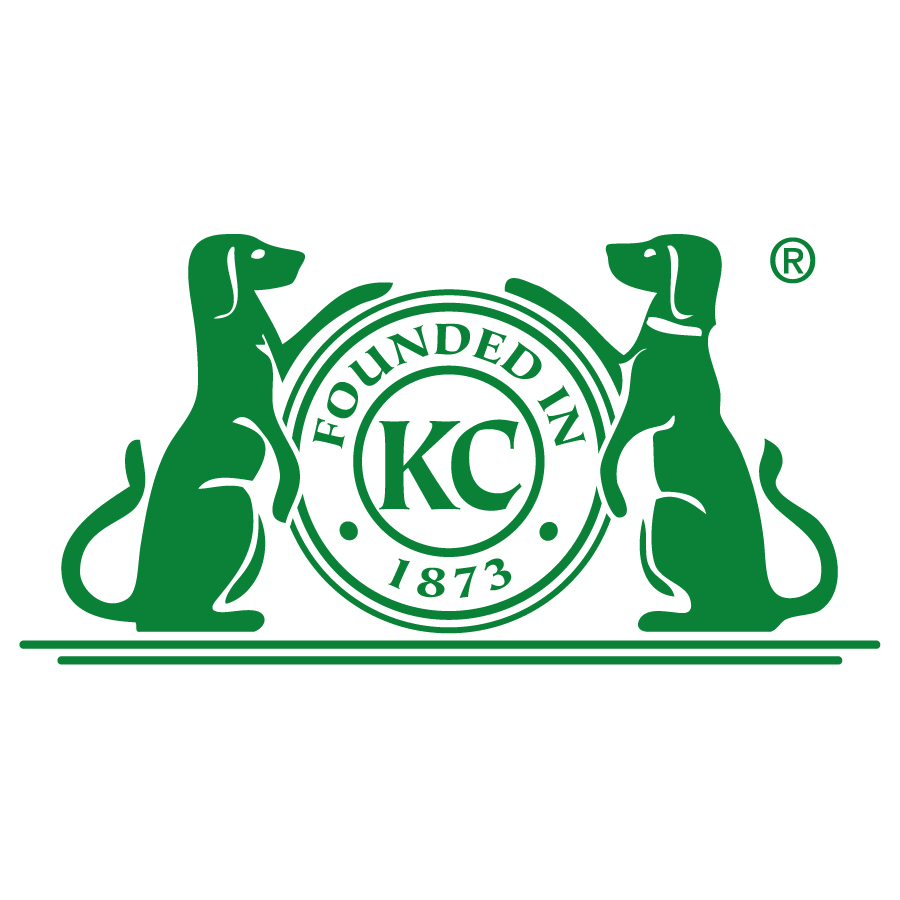 rkc
rkc ukc
ukc